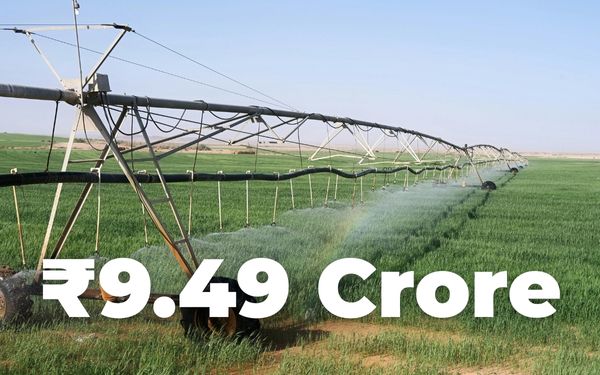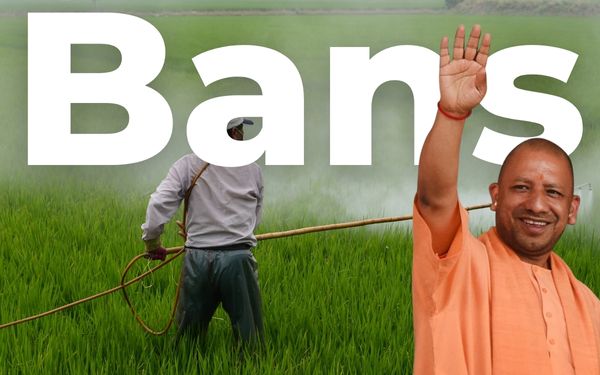Chhattisgarh Approves Rs 9.49 Crore for Irrigation Projects
In Jashpur, Chhattisgarh, farmers are getting a big help! The Chief Minister, Vishnu Dev Sai, has approved three special projects to fix old irrigation systems. These projects will cost Rs 9.49 crore and make farming easier for many people.
What Are These Projects?
The government is fixing three important water projects:
- Konpara (Daltoli Dam) in Farsabahar: This will get Rs 3.47 crore to repair it.
- Soro Diversion Scheme in Bagicha: This will get Rs 3.46 crore to make it better.
- Ankira Pond Scheme in Farsabahar: This will get Rs 2.55 crore to fix it up.

How Will This Help Farmers?
These projects will bring more water to the fields. Farmers will have enough water to grow crops all year. This means they can grow more food and earn more money. It’s like giving their farms a big drink of water to stay healthy!
Saving Water and Growing Strong
Fixing these water systems will also help save water. Even if there’s a drought, farmers can still grow their crops. This will make farming stronger and help villages earn more money. Farmers will also learn new ways to grow crops better.



